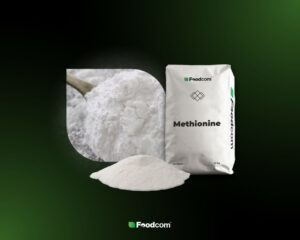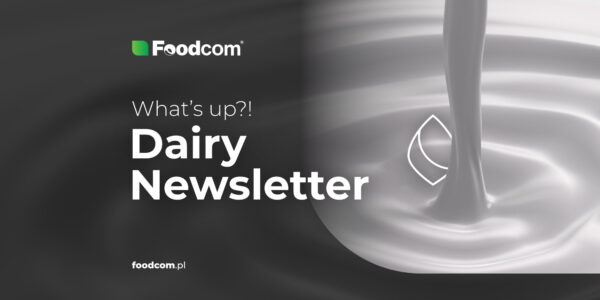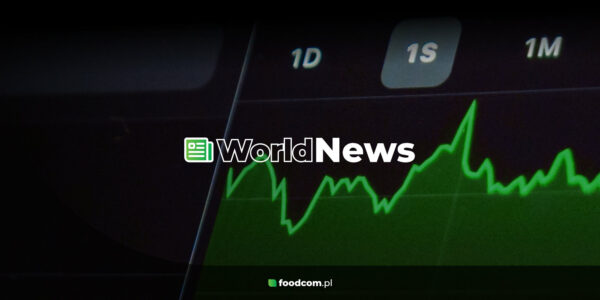- Methionine prices in Europe are stable, but are expected to rise in March due to increased demand and production problems in China.
- Italy plans to phase out coal-fired power generation by 2025 and switch to more environmentally friendly gas-fired power plants in line with EU environmental targets.
- The EU has banned single-use plastic packaging in order to reduce waste and promote a circular economy.
Hello Partners!
Welcome back to our Newsletter!
Discover the latest developments on the commodity markets! In this issue, we look at the development of methionine, tryptophan, citric acid and vitamin C, monitor their prices and forecast future movements. We also look at global changes – from the fall in sulfur dioxide prices to Italy’s switch to green energy and the EU’s fight against plastic waste. Stay up to date with the insights that can influence your business and environmental strategies!
Let’s take a look at what else is happening on the market!
Products of the Week!
Methionine
Methionine prices have remained stable this week, but are expected to rise on the European market in March. The expected price change is a response to rising demand, particularly from manufacturers of animal feed and food supplements. Production problems in China, a major exporter of methionine, due to the New Year holidays and planned technical shutdowns could lead to a reduction in global supply and consequently to price increases. Economic stability in Europe in conjunction with possible measures by the European Central Bank with regard to interest rates could further influence the price of methionine.
Tryptophan
The tryptophan market in Europe has suffered a decline in value this week. The average price, which had risen steadily in recent months, has now fallen by around 2%. It is noteworthy that the upward trend has been broken, which could indicate a change in the dynamics of the tryptophan market. In the short term, this could indicate various market phenomena, such as increased product availability, lower demand or other economic factors affecting the market.
Citric acid
Currently, prices for Citric Acid remain stable on the market. This price equilibrium may reflect effective supply chain management despite global challenges such as production disruptions and geopolitical tensions. For producers and consumers, this stability is a signal to continue to buy predictably and plan production.
Vitamin C
The Vitamin C market in Europe has seen a stabilization of prices, which have not changed in the past week. The sustained price increase observed over the last three months has stabilized, which could be related to the end of the phase of increased demand typical of the disease season.
What else?
In February 2024, a significant decline in the price of liquid sulfur dioxide was observed on the global market, primarily due to a reduction in the price of sulfur, which serves as an important raw material. This decline was also influenced by lower demand from the agrochemical industry, which led to significant inventories being held by suppliers. In Europe, difficult market conditions were exacerbated by farmers’ protests against rising costs, which impacted the supply chain but was offset by sufficient inventories to meet demand. In the US, similar factors such as lower sulfur costs and lower demand for agrochemicals contributed to the downward trend in prices.
Italy is phasing out coal-fired power generation by 2025 and focusing on the expansion of gas-fired power plants. This step is part of the EU’s efforts to reduce the use of fossil fuels, even if natural gas is seen as a transitional solution in the switch to renewable energies. The plan excludes Sardinia, where coal is to be phased out by 2028. Italy’s new gas-fired power plants will provide an additional 3,400 megawatts of capacity alongside the modernization of existing plants. This transition supports Italy’s and the EU’s environmental goals and offers economic and technological benefits, while contributing to global efforts towards sustainable development.
The European Union has introduced a ban on single-use plastic packaging to tackle the escalating problem of packaging waste. This legislative measure aims to significantly reduce waste and promote the transition to a circular economy where recycling and sustainable use of resources are prioritized. By 2030, all packaging materials should be recyclable. This underlines the EU’s commitment to minimizing environmental impact and promoting sustainability.








